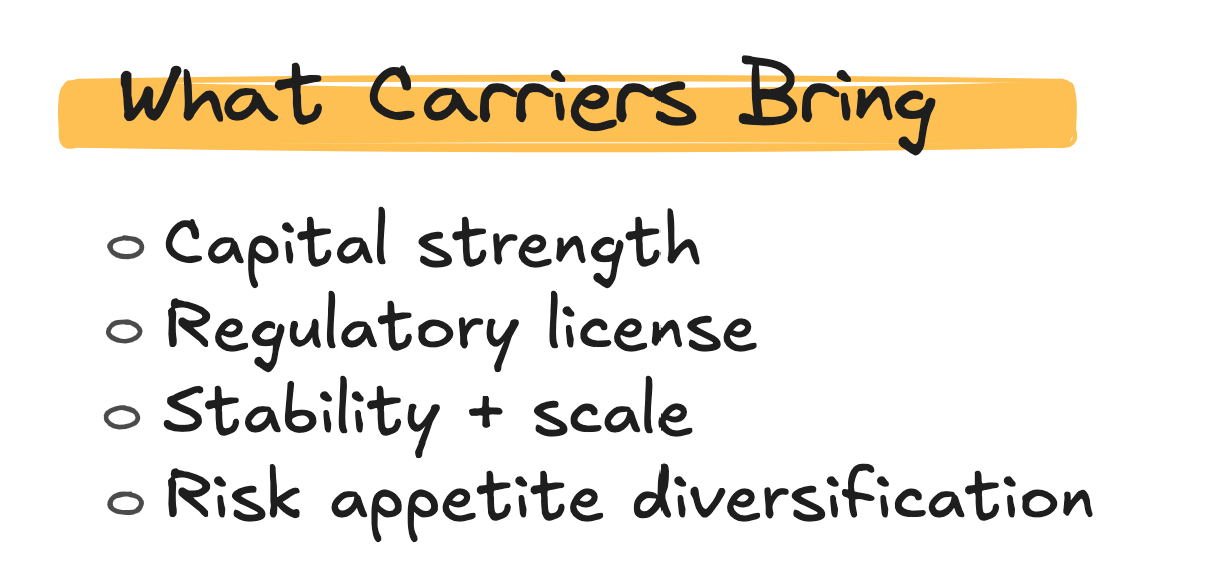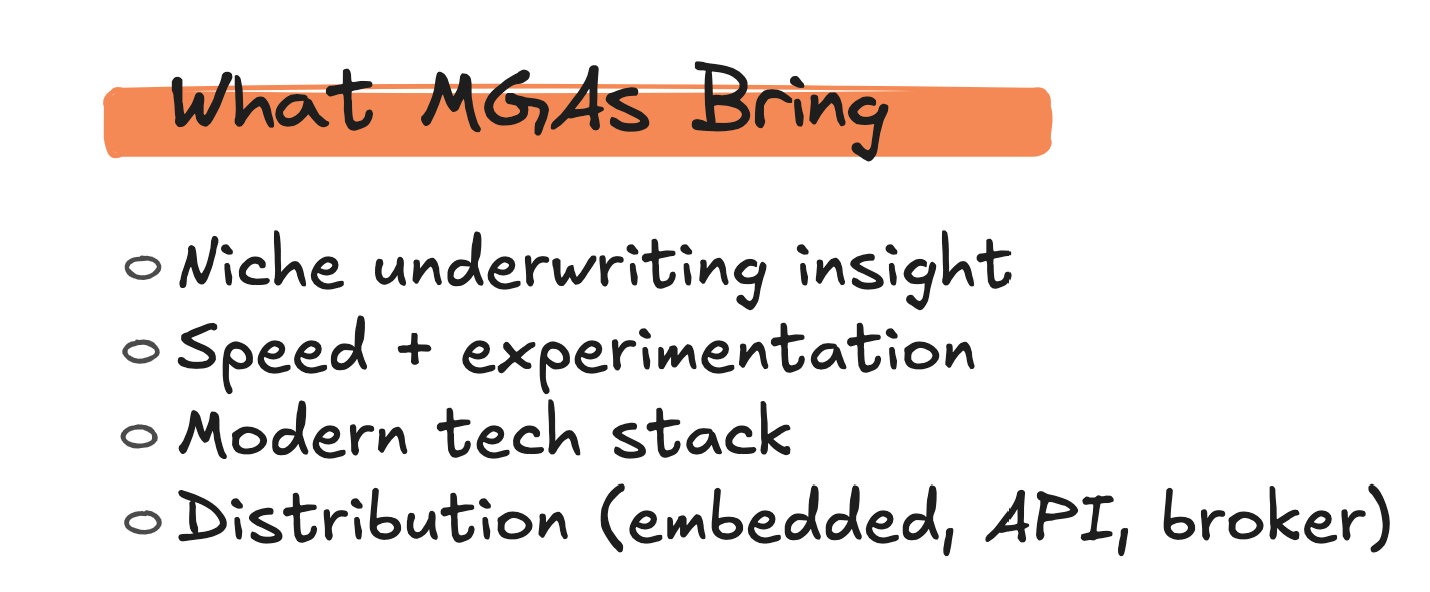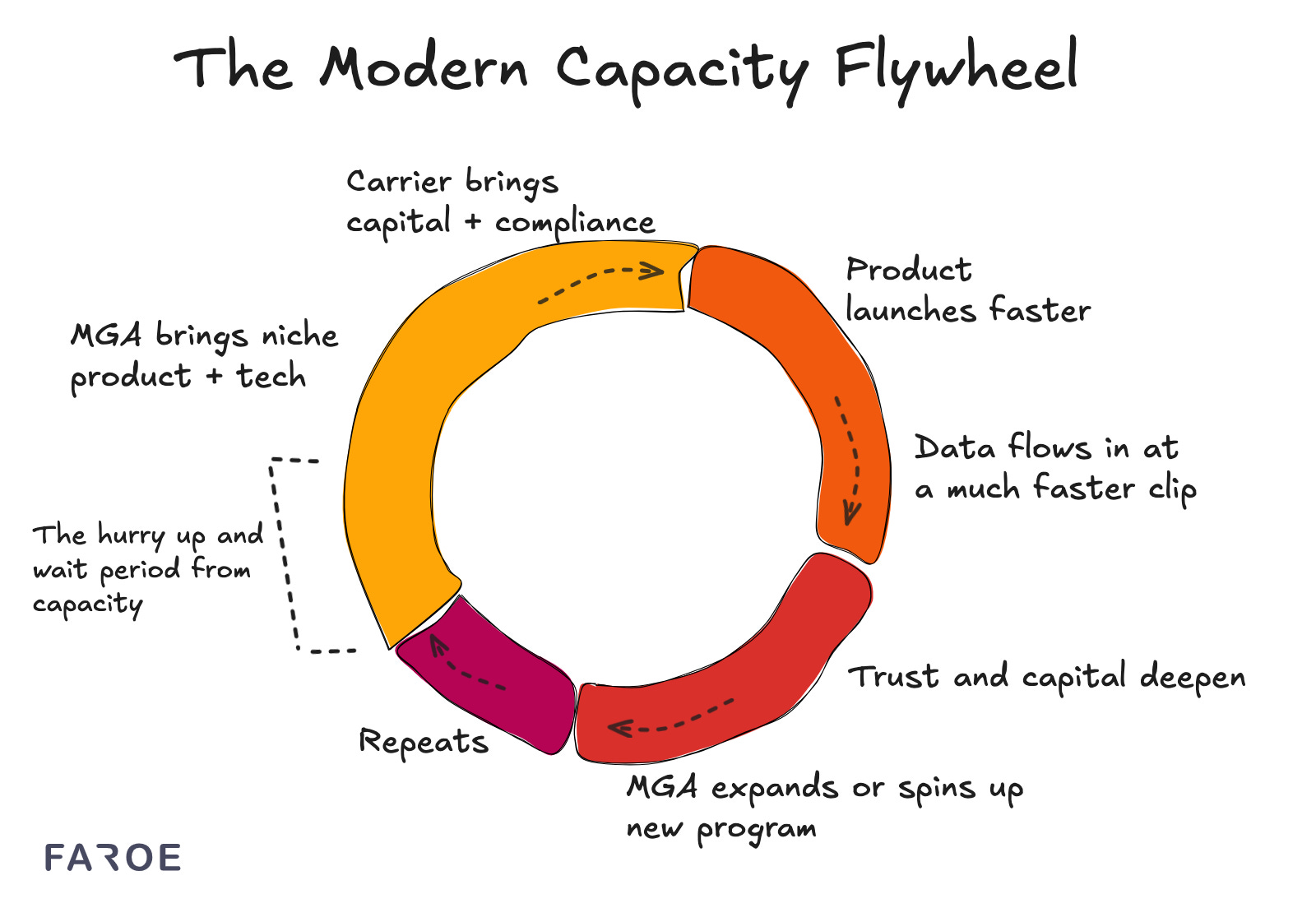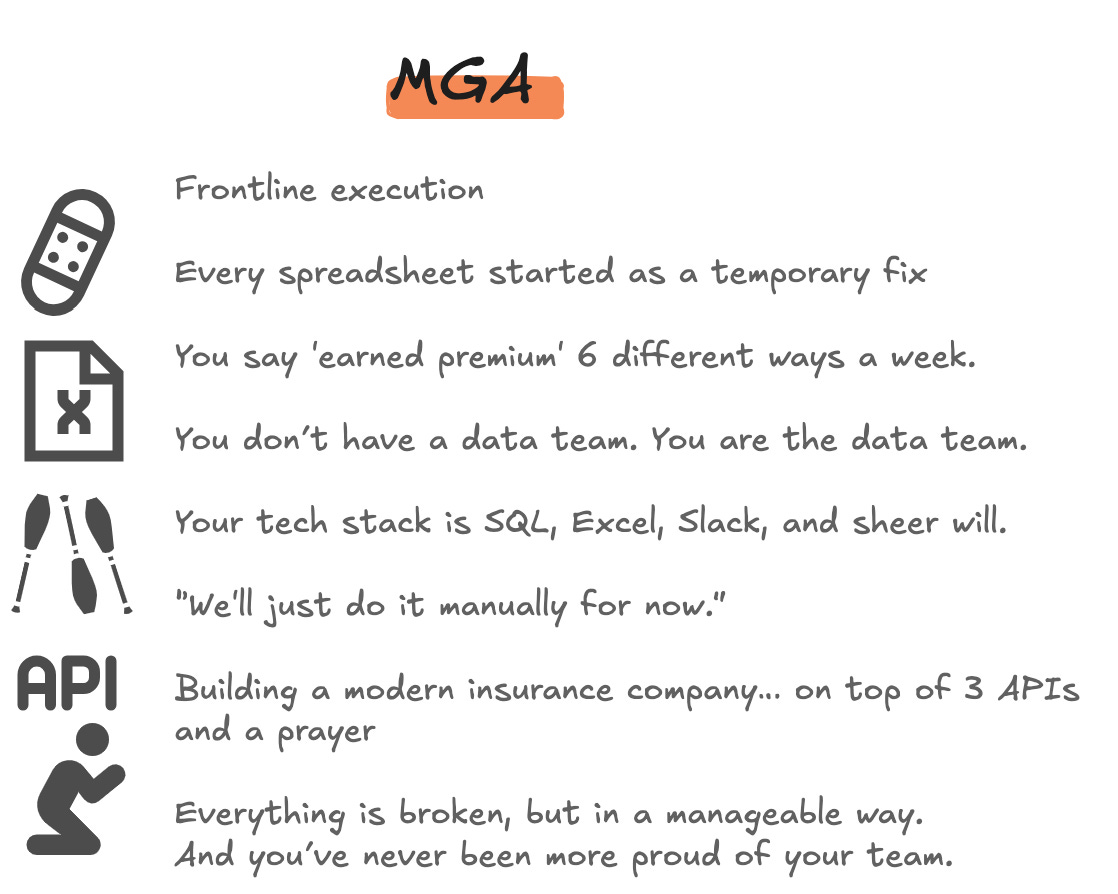3 min read
Profiles in Risk: E453 – Eliminating Manual Spreadsheet Reporting For MGA and Delegated Authority Business; Dave Connors, Co-Founder and CEO at DistriBind
Profiles in Risk: E453 – Eliminating Manual Spreadsheet Reporting For MGA and Delegated Authority Business; Dave Connors, Co-Founder and CEO at...

 Michelle Bothe
Michelle Bothe
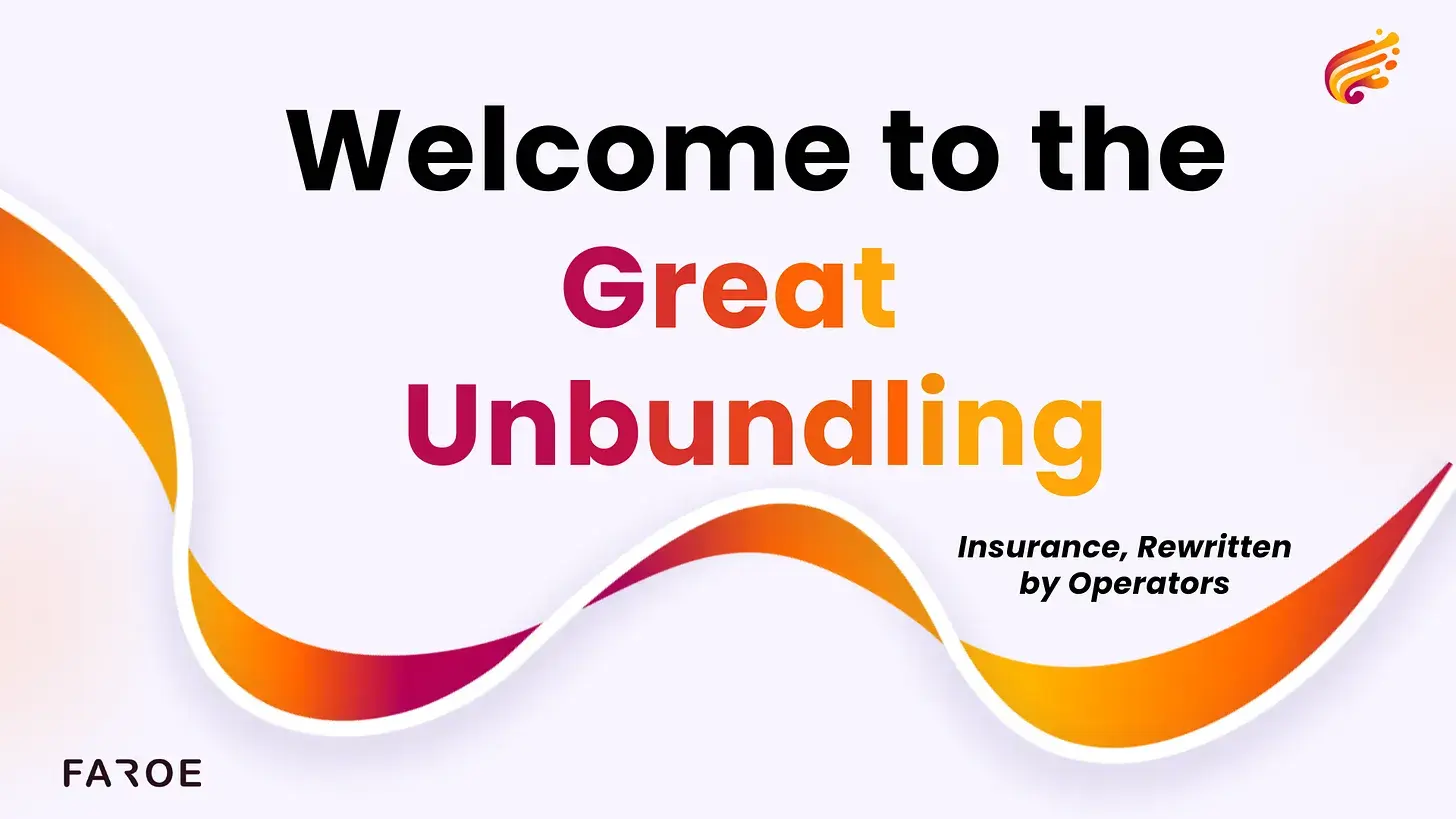
 We’re in the early innings of what I call “The MGA Reformation.”
We’re in the early innings of what I call “The MGA Reformation.”
